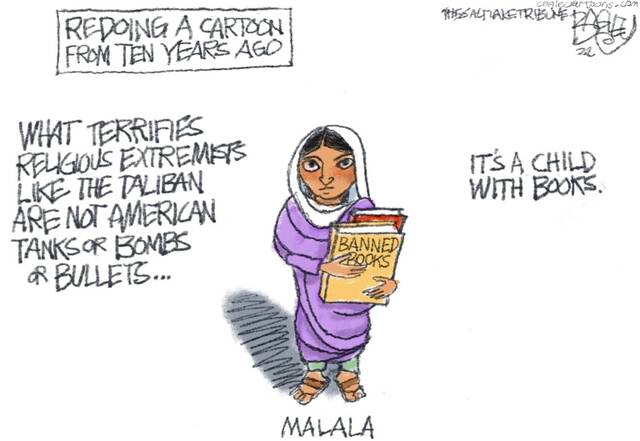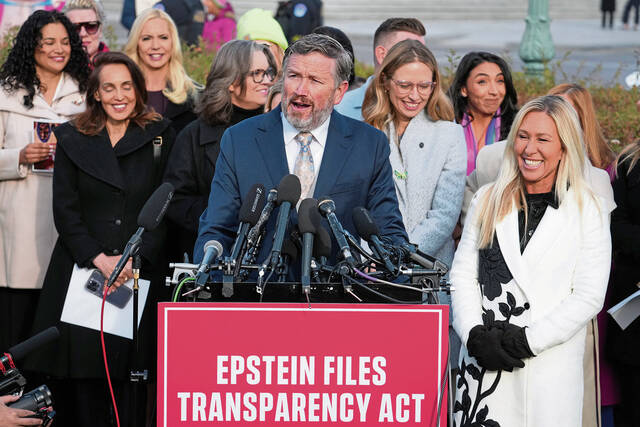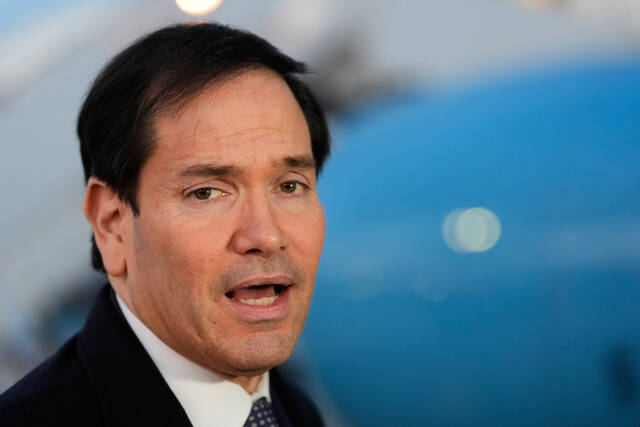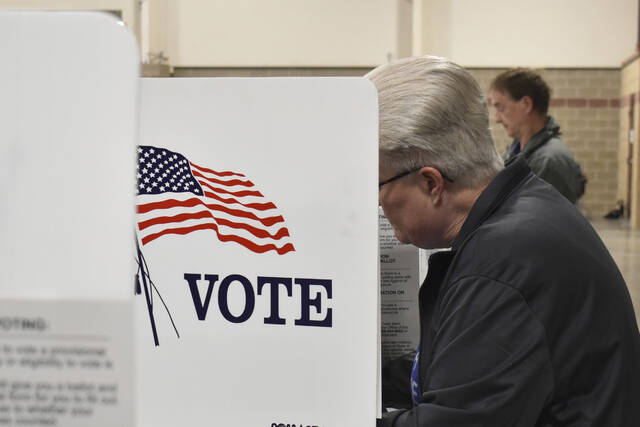There are a few people in the world who are instantly recognizable with just one name: Madonna, Beyonce and Rihanna come to mind, as do fellow performers Cher, Elvis, Prince, Bono and Sting.
The same is true for Malala.
I have known about this brave young woman from the moment she was catapulted, against her will, into the limelight. In 2011, while traveling on a school bus in the KPK region of Northwestern Pakistan, Malala was shot through the head by the Taliban.
Her crime? Advocating for girls’ education.
I followed her trajectory, from an emergency flight to England and lifesaving brain surgery, to her continued advocacy on behalf of young girls and women, to her emergence as an important figure on the world stage, to finally winning the Nobel Peace Prize at the age of 15., the youngest person to have received the award
Malala has always been on my radar screen because of the work that I do, which involves representing immigrants, refugees and asylum applicants. Since I have a fairly large number of Pakistani clients who come from the same region of the world as Malala, their own stories reminded me of what she had to go through to survive, and then ultimately triumph.
The interesting thing about my clients, though, is that each of them was a man.
There were teachers who had defied the Taliban by insisting on admitting girls into their schools.
There were businessmen who insisted on teaching young women skills that would allow them to earn a living and not simply be slaves to the home.
There were vaccine advocates, who worked alongside women to ensure that children received the necessary protections against polio and other communicable diseases.
There were social workers, and political activists, and men of the same ethnicity as Malala who fought for the dignity of their people in a country that often discriminates against the “Pashtun.”
For that reason, one night last month was personal for me. It was the Philadelphia stop on Malala’s book tour, connected to the publication of her second memoir, “Finding My Way.”
I’m used to being in the presence of heroic people. They come into my office on a daily basis with their folders and their papers and their hopes.
Many of the men I mentioned earlier are matched by women who have fled untold horrors, carrying their children on their backs to escape abusive partners and the threats of gang members.
I do not know if I would have their strength. You don’t, either.
And seeing Malala on the stage, a woman who had found that strength as a girl, was a revelation. She was not the iconic figure stepping off of her pedestal to engage with the “little people.”
She was, like my clients, a human being with a story to tell. It’s just she had already told it to millions while my clients are fortunate if they get the opportunity to tell it to one lawyer, one officer, one judge, one person who has the power to change their lives by allowing them to live it.
Today, under the Trump administration with its severe restrictions on asylum, that is becoming less and less possible.
Which is why Malala’s words touched me so deeply. At one point in the program, she was asked about the Taliban takeover in neighboring Afghanistan.
She paused, and then explained that when the country fell to the Taliban, she was undergoing one final surgery to address the injuries she’d suffered when shot in the head.
She mentioned she knew how hard it was for her to survive one attack and then be able to escape. She said she could not imagine how hard it must be for the women and girls who were sentenced to living, without the possibility of relief, under the Taliban.
This is the comment that stayed with me: “One of the girls (in Afghanistan) told me that she stays hopeful in this difficult time because even though she is alone at home and knows that she cannot go to a school, but when she can pick up a book and read, she feels that that is an act of resistance.”
When I heard those words, and I looked around the room at young girls who will never have to worry that reading a book can get you killed, I realized this is a message for everyone who thinks that asylum seekers should be stopped at the border, and silenced.
I hope Malala’s message reaches the White House.








